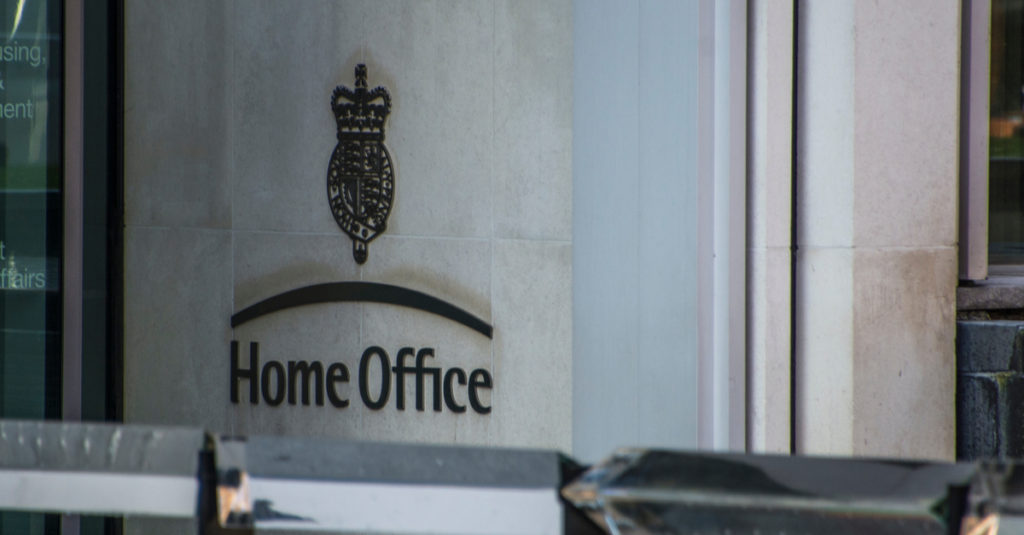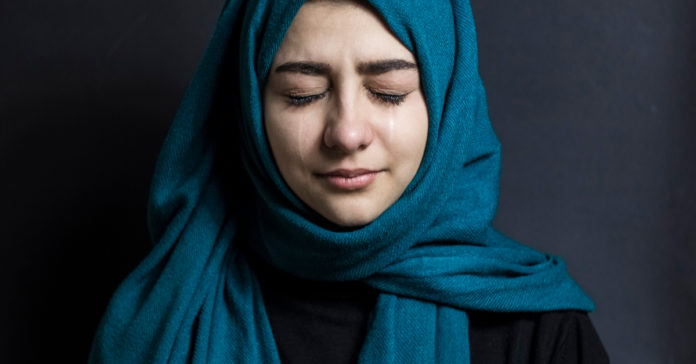Muslims are by far the most targeted group in hate crime attacks, new statistics by the Home Office have revealed.
From March 2020 to March 2021 Islamophobic attacks surged in England and Wales with nearly half of hate crimes directed towards Muslims.
“In year ending March 2021, where the perceived religion of the victim was recorded, 45 percent of religious hate crime offences were targeted against Muslims (2,703 offences),” the Home Office said.
The next most commonly targeted group were Jewish people, who were targeted in 22% of religious hate crimes (1,288 offences). These proportions were similar to the previous year.
According to the government report, racially-motivated hate crimes saw an increase of 12% whereas overall hate crimes rose by 9%. Police recorded 124,091 incidents of hate crimes between March 2020 and March 2021.
Among the hate crimes recorded by the police more than 70% were racially motivated. A hate crime is defined by the Home Office as “any criminal offence which is perceived, by the victim or any other person, to be motivated by hostility or prejudice towards someone based on a personal characteristic.”

The Home Office said: “While increases in hate crime over the past five years have been mainly driven by improvements in crime recording by the police, there have been spikes in hate crime following certain events, such as the EU Referendum and the terrorist attacks in 2017.
Subscribe to our newsletter and stay updated on the latest news and updates from around the Muslim world!
“As in previous years, the majority of hate crimes were racially motivated, accounting for about three quarters of all such offences and racially motivated hate crimes increased by 12 per cent between year ending March 2020 and year ending March 2021.”
“Over half – 52-percent – of the hate crimes recorded by the police were for public order offences and 40 per cent were for violence against the person offences,” the report added.
“There are three clear spikes in these aggravated offences which were not seen in the non-aggravated offences: July 2016, following the EU Referendum, July 2017, following the terrorist attacks seen in this year, and in Summer 2020, following the Black Lives Matter protests and far-right counter-protests following the death of George Floyd on 25th May in the United States of America. There are also spikes in July 2018 and 2019, but these follow the same trend as for the non-aggravated offences.”
The report states that record keeping by the police and the overall awareness about hate crimes could be the reason for identification of such offences.
“Religious hate crimes fell by 18 per cent (from 6,856 to 5,627) which was the second consecutive fall in these offences and down from a peak in year ending March 2019 (when there were 7,202 offences). There were increases other categories of hate crime including in sexual orientation (up 7%), disability (9%) and transgender identity (3%) over the last year.”
A Home Office spokesperson said: “All forms of hate crime are completely unacceptable. The cowards who commit them should feel the full force of the law. Whilst the biggest driver for the increase in recorded crime is general improvements in police recording, along with increased victim willingness to come forward, we cannot be complacent. That is why we have committed to publishing a new Hate Crime Strategy later this year.”






















